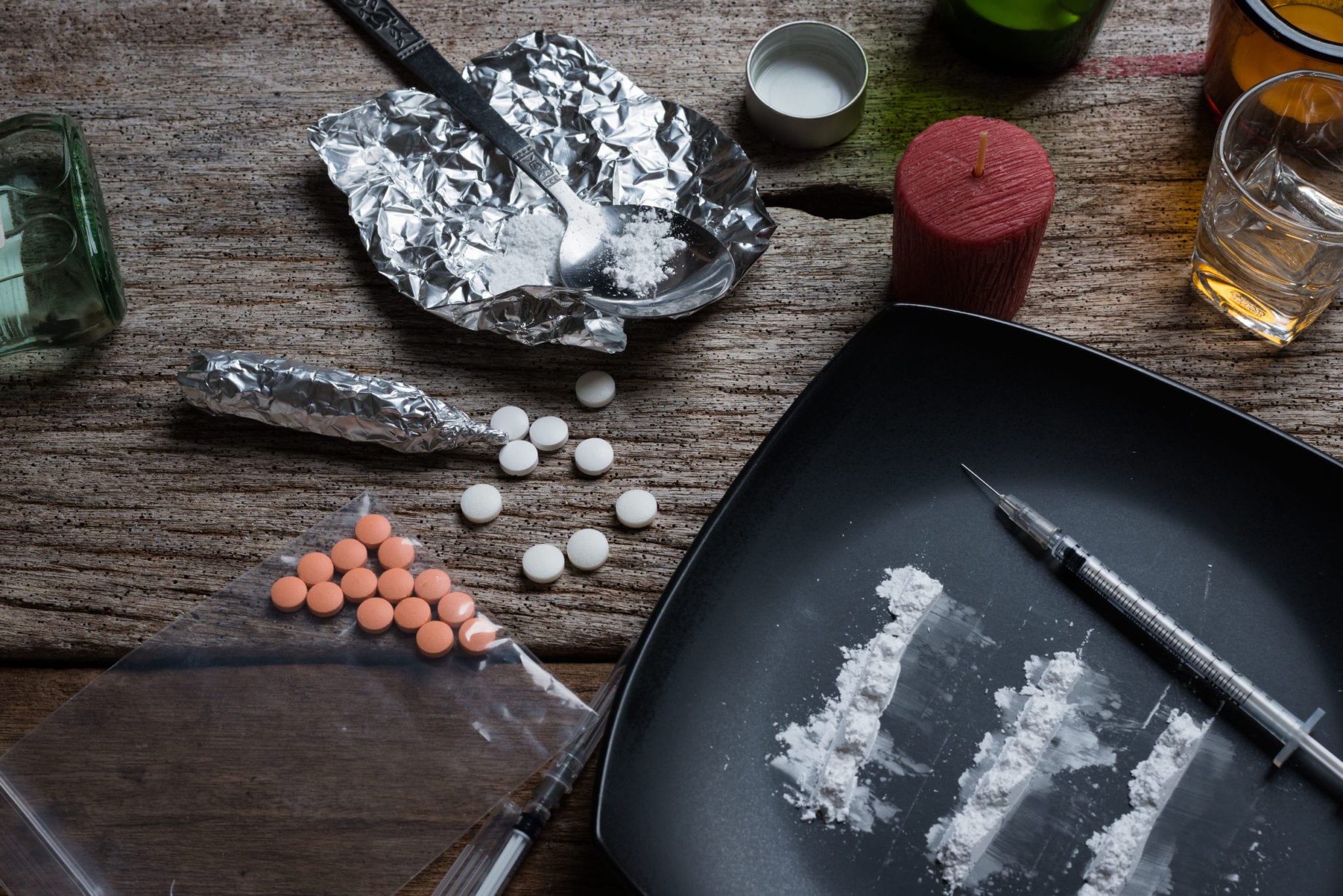
If you are facing drug charges in Minnesota, the type and amount of the drug you are accused of possessing will drastically affect the sentencing.
Here, we’re going to explain the degrees of drug crimes and their penalties, and how contacting an experienced criminal defense lawyer can help.
Controlled substances in our state are divided into five different groups, or schedules, with different penalties depending on the type of drug in question. Here is a breakdown of the five different degrees of charges.
Fifth Degree Charge
Drug sale: Any Schedule IV drug or any amount of marijuana, except small amounts with no remuneration
Drug possession: Any amount of Schedule I, II, III or IV drugs except 42.5 grams or less of marijuana
Penalties: Up to 5 years in prison and up to a $10,000 fine
Fourth Degree Charge
Drug sale: Any Schedule I, II, or III drug; any Schedule IV or V drug to a person under age 18; or sale of marijuana in a zone marked for schools, public housing, or parks
Drug possession: Any amount of Schedule I, II, or III drugs with intent to sell; up to 10 doses of hallucinogens
Penalties: Up to 15 years in prison and up to a $100,000 fine
Third Degree Charge
Drug sale: Any amount of narcotics, cocaine, or heroin; more than 10 doses of hallucinogens; more than five kilos of marijuana; any sale of Schedule I or II drug or marijuana to a person under age 18 or employing a person under age 18 to sell such drugs
Drug possession: Over 10 grams of any narcotic except heroin; over three grams heroin; over 10 kilos of marijuana; or up to five doses of Schedule I or II narcotic drug sold in a school zone, park, public housing, or drug treatment center
Penalties: Up to 20 years in prison and up to a $250,000 fine
Second Degree Charge
Drug sale: Over 10 grams of any narcotic except heroin; over three grams heroin; 50 or more doses of hallucinogens; over 10 kilos of marijuana; or up to five doses of Schedule I or II narcotic drug sold to a person under age 18 in a school zone, park, public housing, or drug treatment center
Drug possession: 25 or more grams of cocaine; methamphetamine; six or more grams heroin; 50 or more grams of other narcotics; 100 or more doses of hallucinogens; 25 or more kilos of marijuana, or 100 or more marijuana plants
Penalties: Up to 25 years in prison and up to a $500,000 fine. The minimum prison sentence is three years for a prior felony conviction for drug crimes. 48- to 108-month imprisonment.
First Degree Charge
Drug sale: Over 17 grams cocaine; methamphetamine; 10 or more grams heroin; 50 or more grams narcotics; 200 or more doses hallucinogens; 25 or more kilos of marijuana
Drug possession: 50 or more grams of cocaine; methamphetamine; 25 or more grams heroin; 50 or more kilos of marijuana, or 500 or more marijuana plants
Penalties: Up to 30 years in prison and up to a $1 million fine. The minimum prison sentence is four years for a prior felony conviction for drug crimes. 86- to 158-month imprisonment.

As you can see, where controlled substances are concerned, what you put into your body (or carry around with you) really does matter. Because of this, it’s important to pay attention to what drugs the police are accusing you of having, and make sure they can actually produce those substances during your case. If your attorney asks and they are unable to do this, it will cause a lot of harm to their argument, possibly even leading to the case getting thrown out.
About the Author:
Christopher Keyser is a Minneapolis-based criminal and DWI defense attorney known for fighting aggressively for his clients and utilizing innovative tactics to get the most positive results. He has been featured in numerous media outlets due to the breadth and depth of his knowledge, and recognized as a Minnesota Super Lawyers Rising Star (2014–2015), a Top 100 Trial Lawyer (2013–2015), and a Top 40 Under 40 Attorney (2013–2015).





